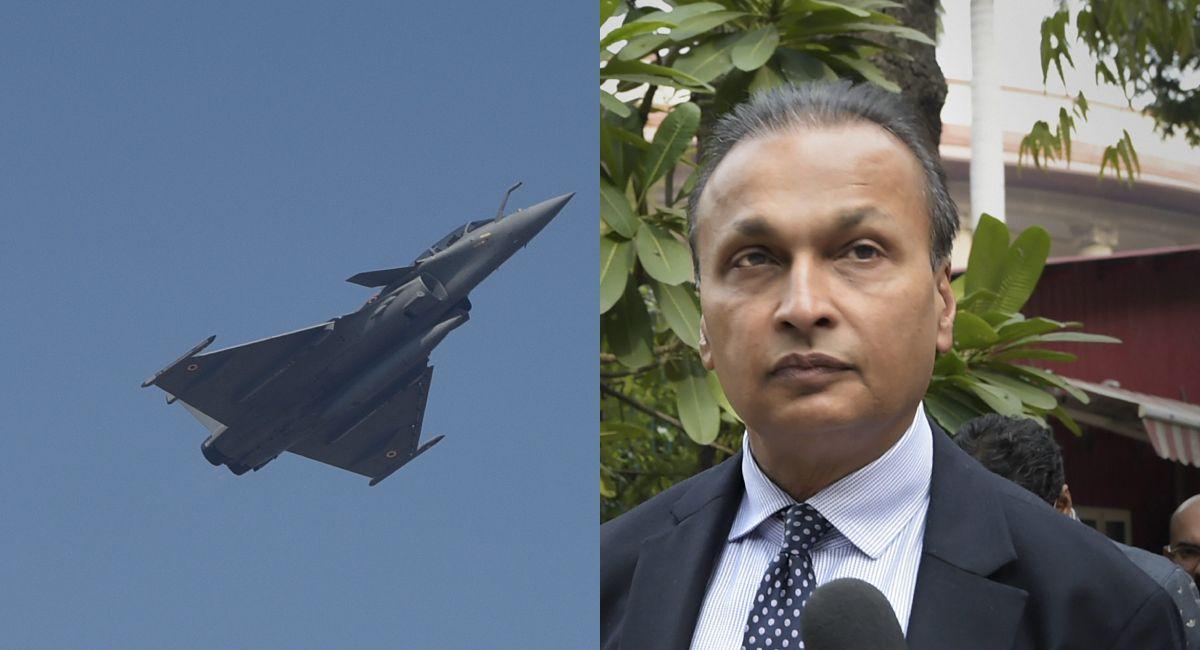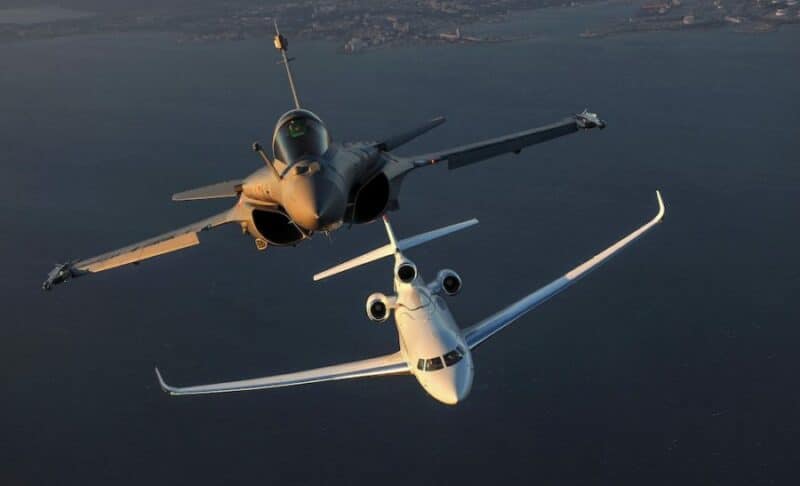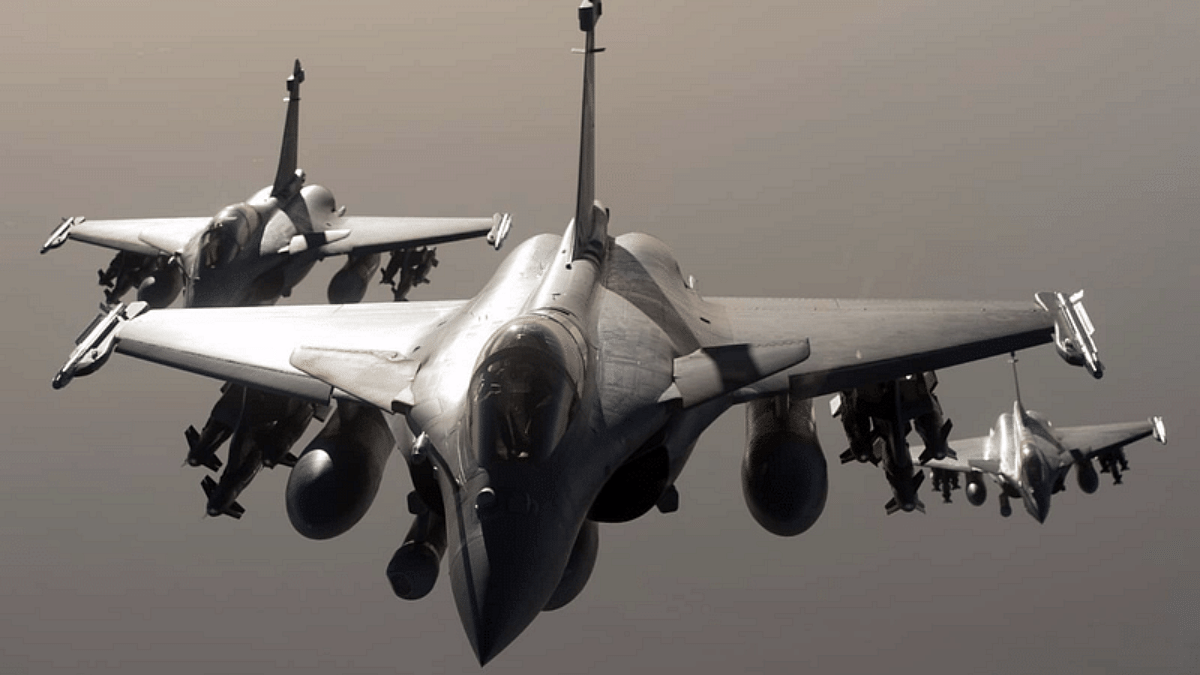Dassault Aviation and Tata could come together to prepare future Franco-Indian cooperation
While the failure of the MRCA program in 2014 was largely linked to Dassault Aviation's obligation to
collaborate with the state aircraft manufacturer HAL for the manufacture of 96 of the 114 Rafale B/C to join the Indian Air Force, the decision of the French aeronautical group to turn to the Indian industrial group Reliance to create the industrial joint venture in order to carry out the offsets linked to the he acquisition of the 36 aircraft ordered by New Delhi in 2016 was harshly criticized by the press and the Indian opposition, and at the heart of the suspicions of corruption having been brought against the French aircraft manufacturer.
Although
cleared of these accusations with strong electoral connotations for several years now, Dassault's choice of Reliance as a partner for its Indian industrial establishment remains a handicap to enable it to move forward.
While Emmanuel Macron and Narendra Modi announced, on the occasion of the latter's visit to Paris for the July 14 festivities and on the sidelines of
an upcoming order for 26 Rafale M and 3 scorpene submarines for the Indian Navy, the intensification of Franco-Indian cooperation, in particular with
the future design of a mysterious "air combat system", so it was necessary for Dassault to solve this problem.
It will be done soon, it seems. In effect,
according to idrw.org, often well-informed and exempt from the frequent excesses of the Indian press, Dassault Aviation would have ended the Joint-Venture with Reliance, and could approach, in substitution, the Indian industrial group Tata, so as to present a much smoother surface possible criticism from the Indian opposition, while preventing a recurrence of the HAL episode.
This will initially involve taking over the industrial activity currently based in India, which produces
components for Falcon and Rafale aircraft in the Mihan Special Economic Zone in Nagpur, in the state of Maharashtra.
Above all, this Joint-Venture in the making will allow Dassault to structure future cooperation, whether it is the future air combat system mentioned by the two leaders a few days ago, and which could refer either to the AMCA program of the Indian Air Force, or to the TEDBF of the Indian Navy, but also to strengthen the French proposal around the Rafale F4/F5 concerning the MMRCA 2 program.
Paradoxically, Tata is already engaged in this competition with Lockheed-martin which offers the F-21, a version of the F-16 Block 70 adapted to the initial needs of the Indian Air Force and renowned for not being hampered by the pre- existing F-16 co-production agreements signed with Greece and the Netherlands.
The fact that Dassault Aviation and Tata are coming to collaborate, suggests that the Rafale could now act as favorites in this competition, while the F-21 like the Gripen E/F, lighter and single-engine, would now be out of the race. and that, faced with the significant reduction in the number of its squadrons, the Indian Air Force now favors heavier aircraft, with longer reach and greater payload capacity.
Whether or not it is a question of anticipating the MMRCA 2 program, the merger between Dassault Aviation and Tata marks, in any case, a first step in the reorganization of the French defense industrial presence in India, and demonstrates that the commitments made by Emmanuel Macron and Narendra Modi on July 14 will have applications in the relatively short term.
It is, in fact, a profound upheaval at work in terms of industrial defense doctrine for France which, for the first time, seems to be committed to a non-European player in this field, such as for India, which has hitherto favored the Russian defense industry for this type of medium- and long-term strategic cooperation.
One can, in this respect, wonder about the possibility, for New Delhi, of considering a shift towards France rather than towards the United States, so as to overcome the Russian failures noted in recent months in many industrial fields. defence, but also to preserve a neutral position by limiting dependence on the United States, without however turning to China, with which there are many areas of tension.
If the failure of the MRCA program in 2014 was largely linked to the obligation imposed on Dassault Aviation to collaborate with the state aircraft manufacturer HAL for the

www.meta-defense.fr





